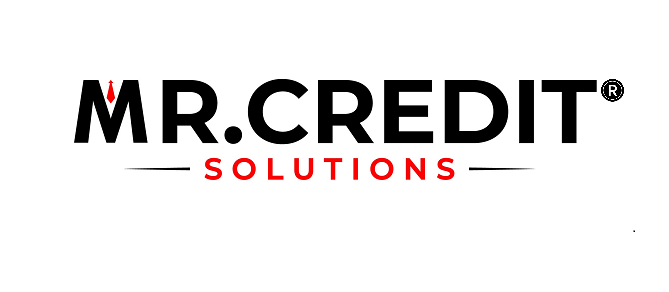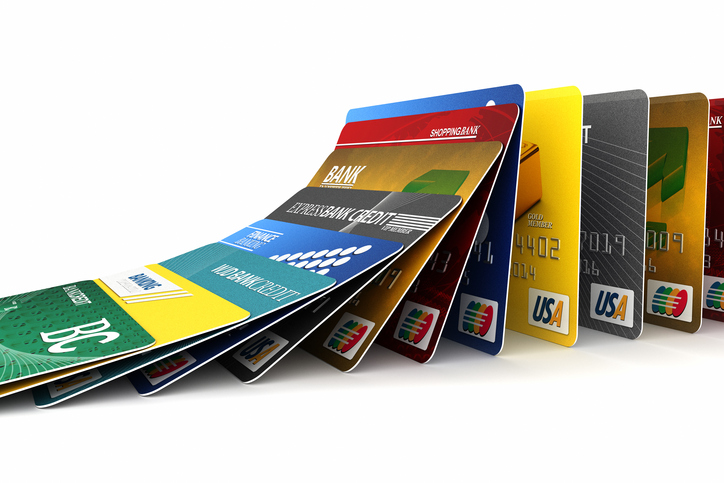Know your rights when dealing with a debt collector
At any given time during the day, a person is receiving a call from a debt collector while pressing the deny button at the same time. As a person who once received those calls, I definitely can understand the fear of answering the call to know who is on the other side.
I am here to tell you, do not let fear keep you from answering this call. As a consumer, you have RIGHTS! Most times though consumers do not understand their rights dealing with a debt collector. Never let a debt collector bully you into paying a debt that you are questioning; always keep calm and know your rights.
Your Rights:
- Debt collectors are prohibited from using abusive, unfair or deceptive practices to collect. This includes threats, using profanity, false statements. Agents are not allowed to say that consumers will be arrested if collections are not paid, seize/garnish property or wages unless permitted by law; or threaten legal action will be taken.
- Never let what a debt collector is saying frighten you. You have the right to request debt validation, and the collection agency must send the notice within 5 days. This does not include a settlement offer, this will need to be actual documentation of the debt owed including the name of the creditor owed, and the amount owed.
- Do not give a debt collector bank account information; or debit card information without requesting validation first. If proper debt validation is received, set a payment term that is agreed to by both parties. Always get the agreement in writing.
- If the debt is owed. A debt collector is still required to provide debt validation; properly collect the debt, and abide by agreements set.
Take Control Dealing with a Debt Collector
Keep in mind even if the debt is paid; does not mean the account will not be added as a paid collection to the credit report or if the account has already been added that it will improve the score. If the agreement is made that it will not be reported as a collection account, make sure to get it all in writing before paying the debt.
Never give into the fear and pay the debt; then realize you have not even paid off the debt. These debt collectors will try all tactics for it to be paid; never even sending the paid in full receipt for the debt if it is paid. Remember your rights at all times!
If you have questions regarding the Debt Collections Practice Act, please feel free to contact our office at (888) 324-2504




